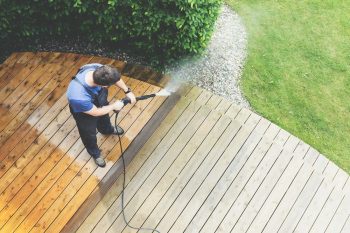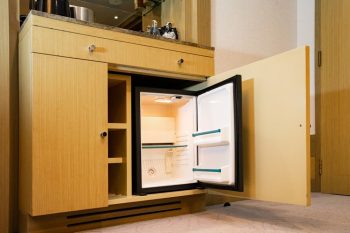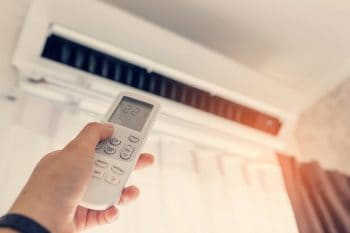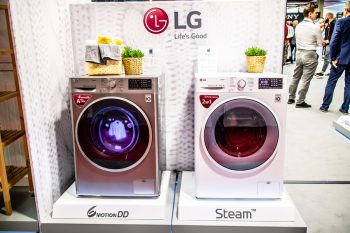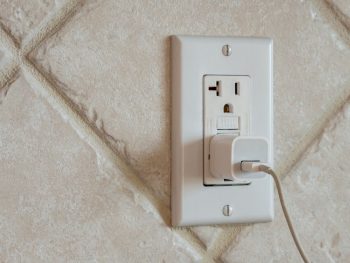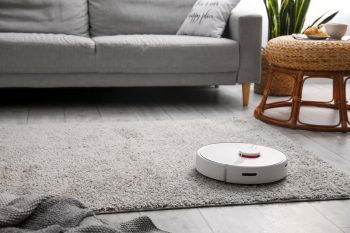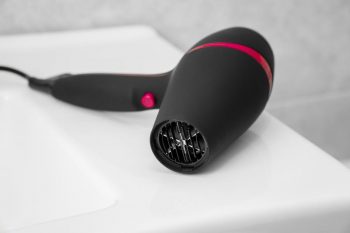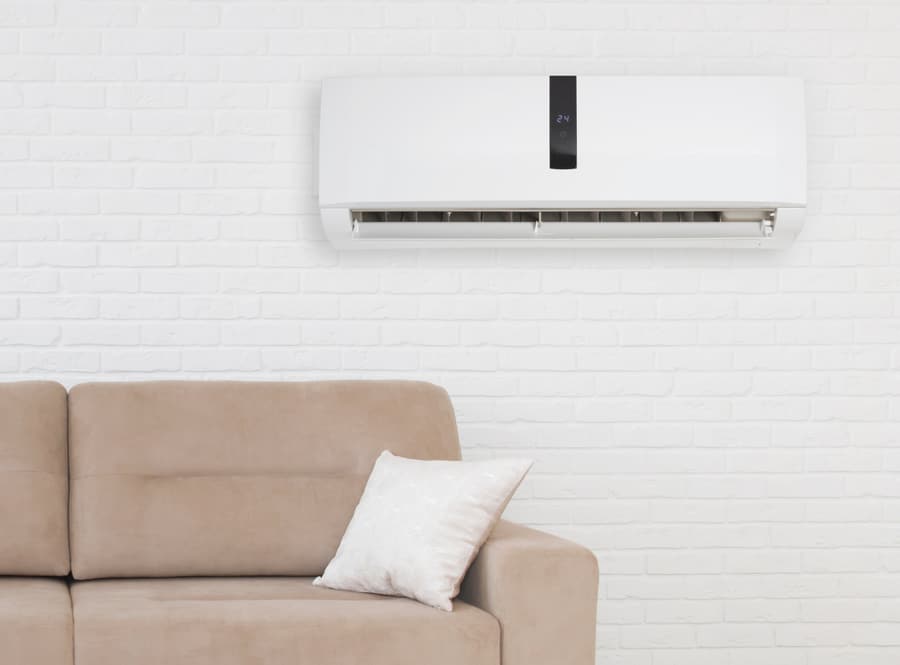
Trying to understand what has gone wrong with your AC? Fret not, we’re here to help you get through this in just a few minutes. It might not be your AC that is damaged, but it could be a component in your AC that serves more or less like a battery: the capacitor.
An AC capacitor is the component responsible for charging and starting its motor. If it goes rogue, you would be able to tell it with the following signs:
- Unexpectedly High Energy Bills
- No Cold Air Blow
- Frequent Humming Noise
- Several Years Old AC
- Lag in the “Cooling Effect”
- AC Doesn’t Start
- Presence of Smoke or a Burning Smell
- AC Starts Turning Off by Itself
If your AC is not working properly, there could be many different reasons. They could be related to the fans, expansion unit, condensing unit, evaporating coils, or filters. This blog discusses the signs that hint at capacitors’ inadequacy.
8 Signs Your AC Capacitor Needs Repairing
The capacitor of an AC more or less works like a battery and handles the distribution of electrical charge that ensure the smooth functioning of the machine. Many signs hint at a damaged capacitor so try not to avoid these signs and get it serviced as soon as they start to surface.
1. Unexpectedly High Electricity Bills
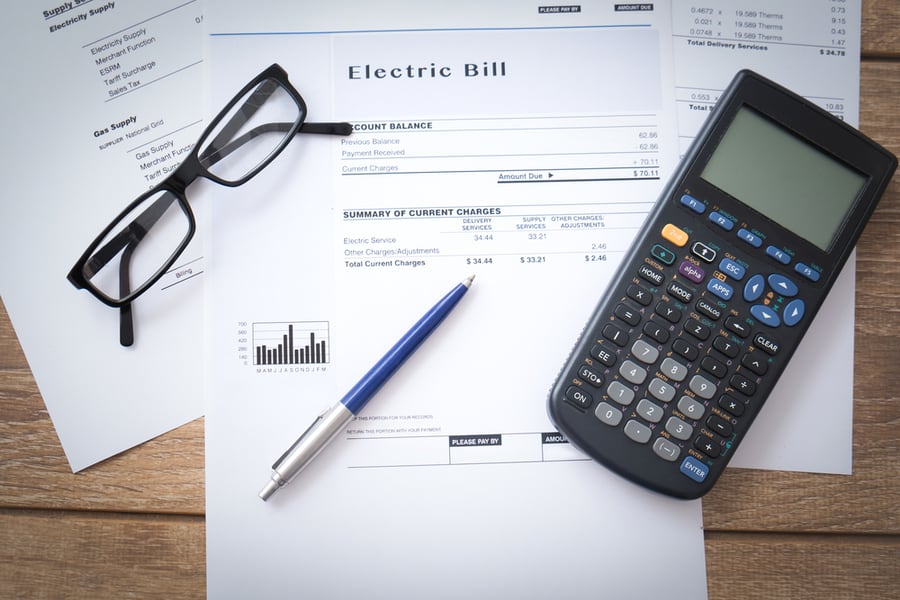
When you start getting unusually high energy bills, it is a sign that something wrong is going on with your air conditioning system. The most susceptible component to damage is the capacitor in that situation.
A capacitor controls the distribution of the charges, and when the distribution is not optimum, it can lead to increased current uptake, leading to higher energy bills.
2. No Cold Air Blow
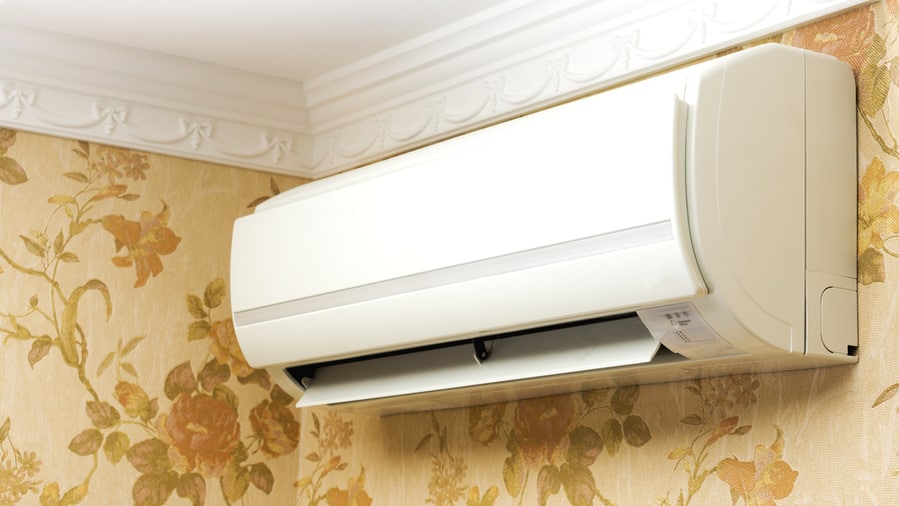
Is turning on the AC doesn’t make much difference in the temperature? It might be because your AC is failing terribly at throwing the cold blow of air.
It is a sign that the capacitor is acting up. To solve this issue, you will need to replace the capacitor with a new one. Get the AC serviced professionally and then check again to test the efficiency of the capacitor after the service.
3. Frequent Humming Noise
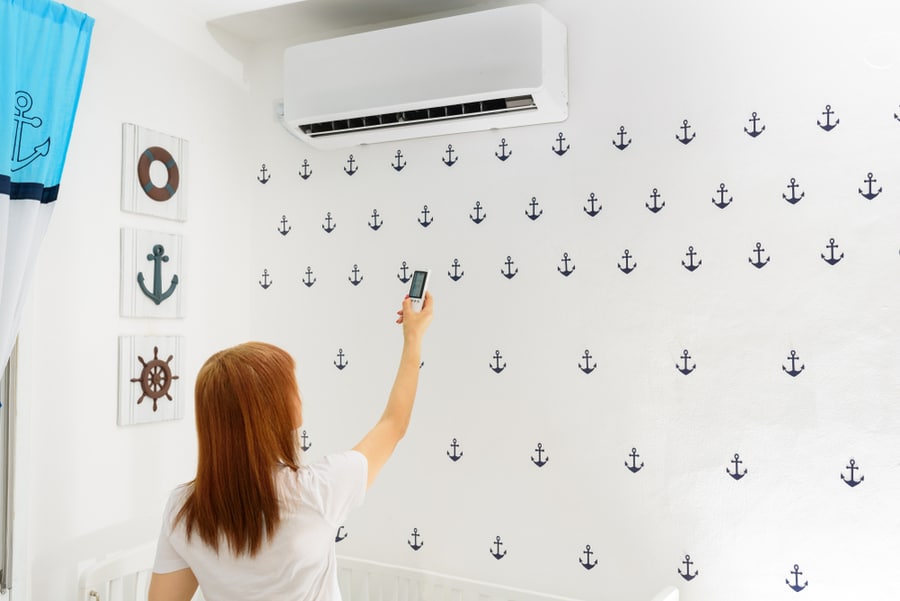
When your air conditioner starts producing unusual music, it is a clear giveaway that the capacitor is failing terribly at its job. You will start noticing unpleasant and strange humming noises coming from the AC when it is operating in a room.
After replacing the capacitor, turn it on again and see if the same noise surfaces again or not. If it doesn’t, it means the problem area is taken care of. If it still produces the same noise, there might be a problem with another AC component.
4. Several Years Old AC
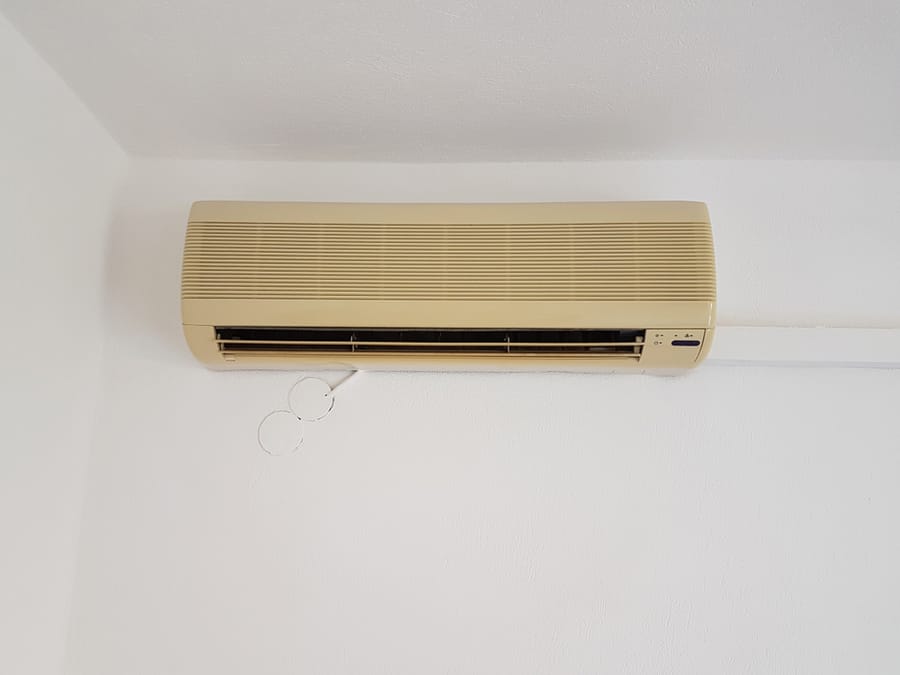
The age of the air conditioners also relates to their performance. Over time, the capacitor gets exposed to wear and tear, and after a few years, it starts to function slower than it used to.
Therefore, if your temperature regulator is several years old, you would want to get the capacitor checked and replaced by professionals to make it perform better again.
5. Lag in the “Cooling Effect”
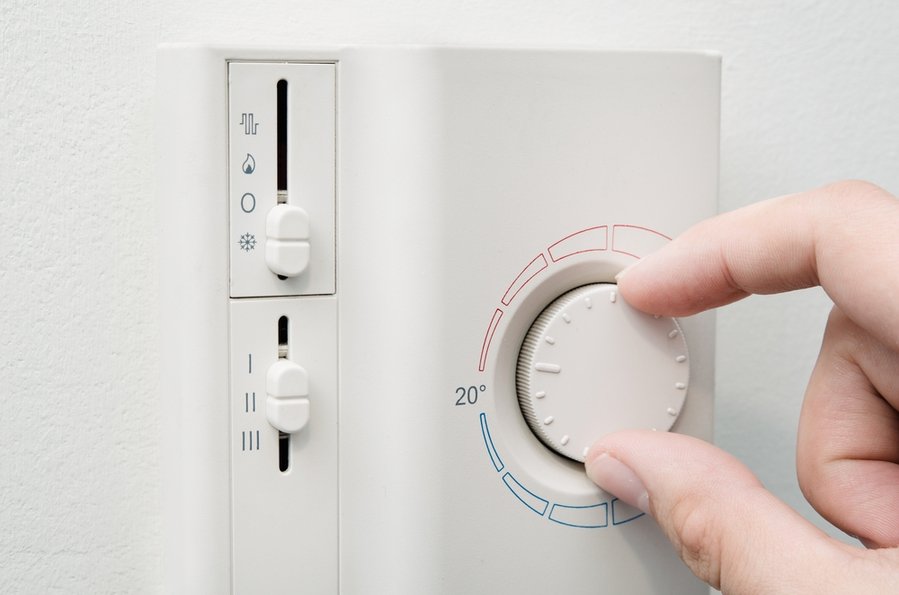
Sometimes, the AC is turned on, but there is a long delay in the ‘cooling effect.’ This shows that the charge distribution in the system is interrupted by either internal or external factors. This suggests that the capacitor of the system needs repairing.
6. AC Doesn’t Start
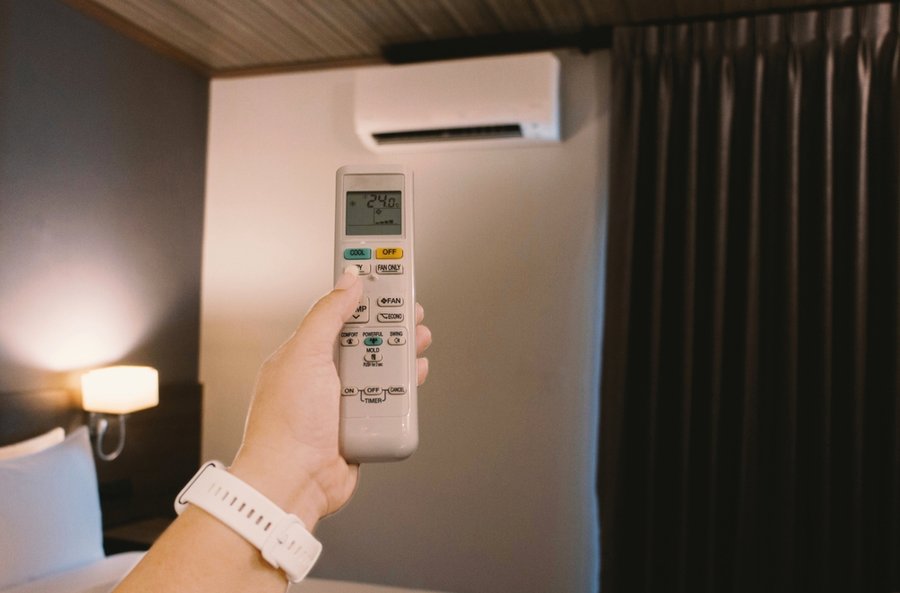
In addition to the delay in getting started, the damage could be progressing if the AC doesn’t start after a particular time. This shows that the damaged capacitor is continued to get damaged, and any more delay will only cause more damage to your AC system.
7. Presence of Smoke or a Burning Smell
If you have started to see smoke coming from your temperature regulation system, it poses a question about the efficiency of its capacitors now and then.
You can use a Multimeter to check the efficiency and performance of your air conditioner capacitors.
The smoke is sometimes also accompanied by a burning smell which hints at the burning of a critical component inside the system, for instance, a capacitor.
8. AC Starts Turning Off by Itself
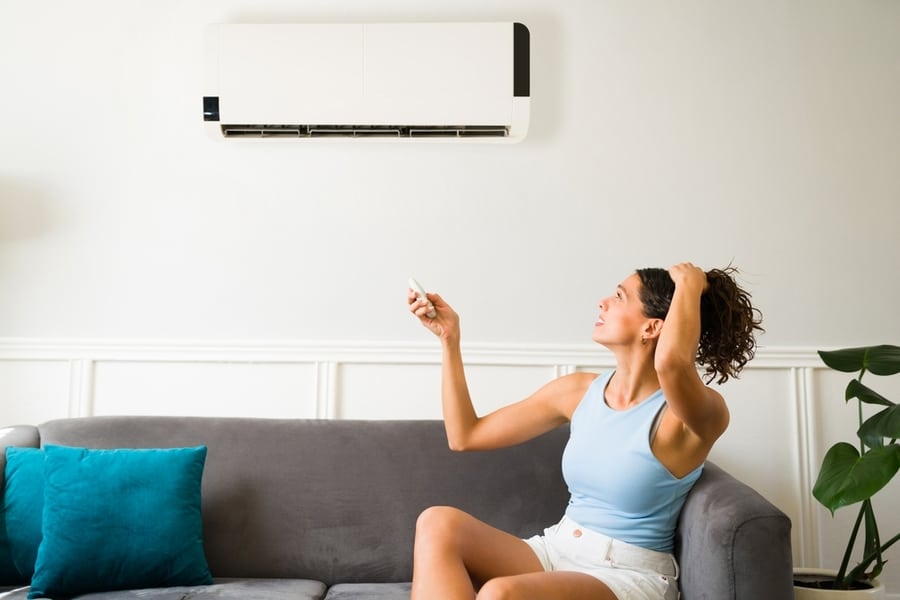
Just as the AC fails to turn on, it keeps tripping off and fails to complete any active session. When the failure of the battery-like components increases over time, it begins to hinder the overall performance of the air conditioning systems.
Conclusion
As soon as any signs of the insufficiency of the capacitors start to show up in your AC, you should seek professional help to keep your AC from further damage. These signs include but are not limited to the inability of your AC to start to produce a cooling effect, the presence of smoke and humming noise, the old model of the AC, and many more. Make sure you timely identify the problem and get it solved right away.
Frequently Asked Questions
Will AC Fan Run if the Capacitor Is Bad?
No. The capacitors handle the normal functioning of the motors, and the motors of the fans fail to operate correctly when the capacitor is bad.
If the Capacitor Goes Bad, Will the Compressor Run?
If the capacitors are not working smoothly, the motor operating both the fan and the compressor will fail to function normally as it would with a healthy capacitor.

